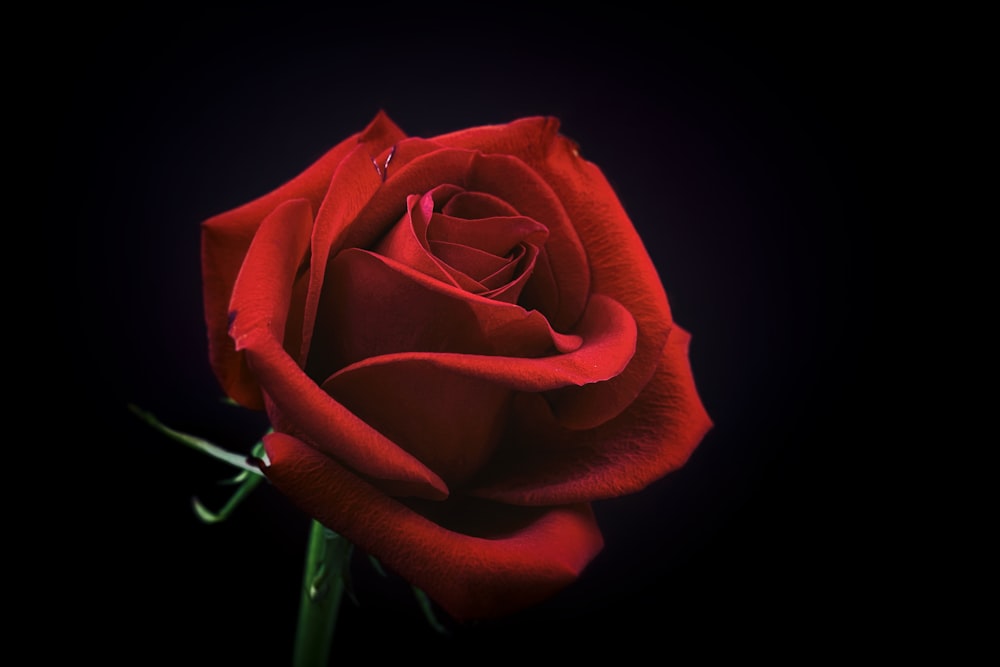Introduction:
In the world of roses, few varieties hold the same allure and timeless beauty as the Gertrude Jekyll rose. Named after the renowned English horticulturist and garden designer, Gertrude Jekyll, these roses are celebrated for their classic beauty, exquisite fragrance, and versatile blooms. Let’s delve into the captivating world of Gertrude Jekyll rose varieties and discover why they remain beloved by gardeners around the world.
The Legacy of Gertrude Jekyll:
Before exploring the roses that bear her name, it’s essential to understand the legacy of Gertrude Jekyll herself. A pioneering figure in the field of garden design, Jekyll’s influence extended far beyond her native England. Her innovative approach to garden design, characterized by an emphasis on color, texture, and form, revolutionized the way we think about gardens. Jekyll’s passion for plants and her keen eye for design continue to inspire gardeners and landscape designers to this day.
The Gertrude Jekyll Rose: A Timeless Beauty:
The Gertrude Jekyll rose, introduced in 1986 by David Austin Roses, quickly became one of the most beloved varieties in the English Rose Collection. Known for its classic Old Rose form, rich pink color, and strong, fruity fragrance, the Gertrude Jekyll rose captures the essence of traditional English garden roses. Its full, cup-shaped blooms and vigorous growth habit make it a favorite among gardeners seeking to evoke a sense of romance and nostalgia in their landscapes.
Versatility in the Garden:
One of the standout features of Gertrude Jekyll roses is their versatility in the garden. Whether grown as a specimen plant in a mixed border, trained as a climbing rose on a trellis or pergola, or massed together in a cottage garden setting, these roses adapt effortlessly to various growing conditions and design styles. Their compact growth habit and disease-resistant foliage make them an excellent choice for both formal and informal gardens alike.
Exquisite Fragrance:
No discussion of Gertrude Jekyll roses would be complete without mentioning their exquisite fragrance. The roses exude a strong, myrrh-like scent with hints of lemon and fruit, filling the air with their intoxicating perfume. Whether enjoyed in the garden or brought indoors as cut flowers, the fragrance of Gertrude Jekyll roses adds an extra dimension of sensory pleasure to any setting, making them a must-have for rose enthusiasts and gardeners alike.
Caring for Gertrude Jekyll Roses:
While Gertrude Jekyll roses are known for their beauty and fragrance, they also require proper care to thrive in the garden. Like all roses, they prefer a sunny location with well-drained soil and regular watering. Pruning in late winter or early spring helps maintain their shape and encourages vigorous growth and abundant blooms. Additionally, regular feeding with a balanced fertilizer and monitoring for pests and diseases are essential for keeping Gertrude Jekyll roses healthy and vibrant.
Companion Planting and Design Ideas:
Gertrude Jekyll roses lend themselves well to companion planting, thanks to their classic beauty and versatility. Pair them with other cottage garden favorites such as lavender, catmint, and perennial geraniums for a romantic and fragrant display. For a more formal look, plant them alongside clipped boxwood or underplanted with low-growing annuals for a burst of seasonal color. Their upright growth habit also makes them ideal for creating focal points or framing garden entrances.
Conclusion:
In conclusion, Gertrude Jekyll rose varieties continue to captivate gardeners with their classic beauty, exquisite fragrance, and versatility in the garden. Whether grown as a standalone specimen or incorporated into mixed borders, these roses evoke a sense of romance and nostalgia that transcends time. With proper care and attention, Gertrude Jekyll roses will reward gardeners with season after season of breathtaking blooms and intoxicating fragrance, ensuring their rightful place in the garden for years to come. Read more about gertrude jekyll rose





